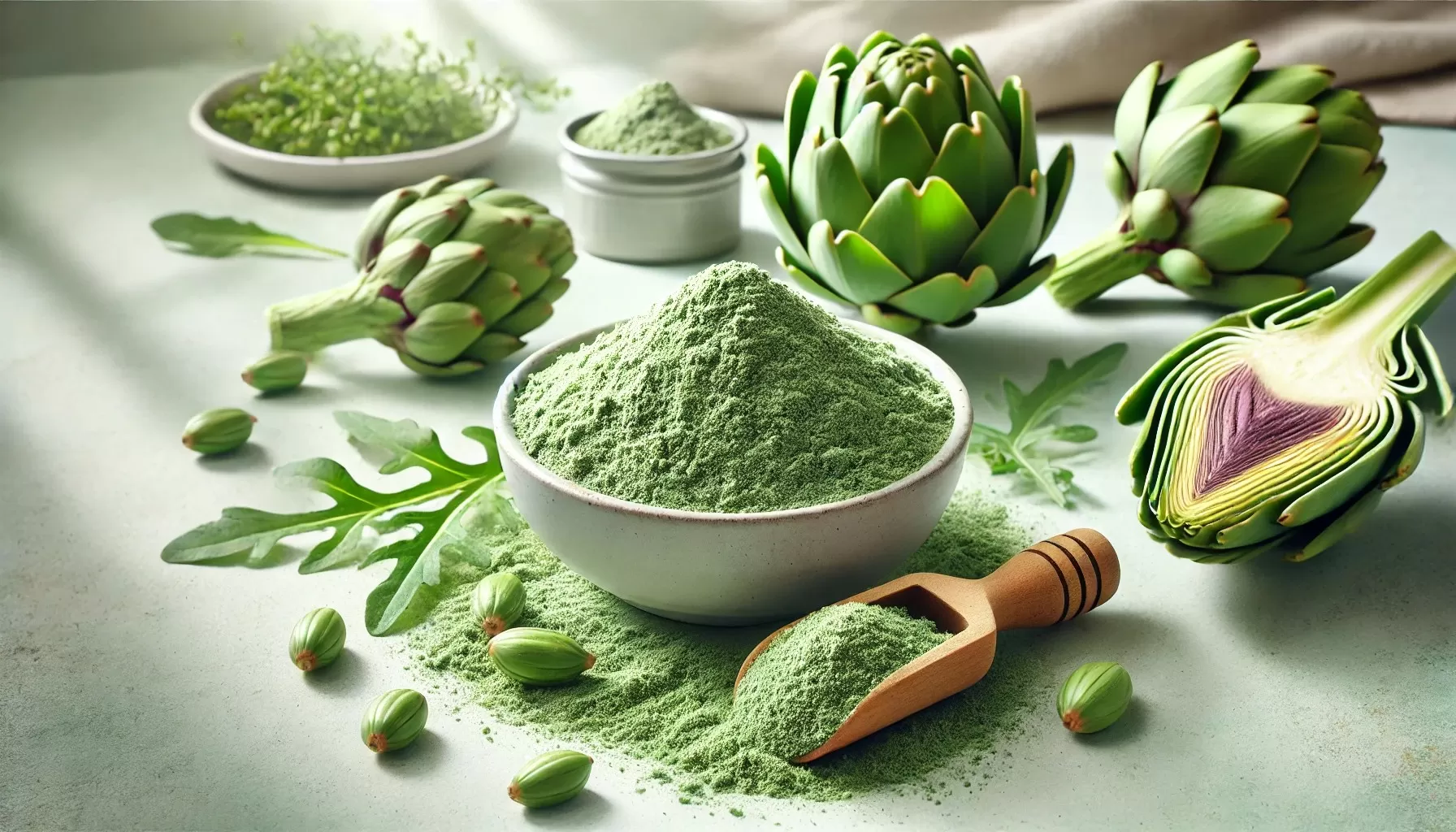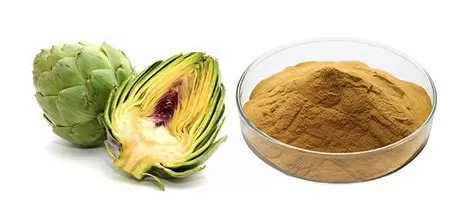- 0086-571-85302990
- sales@greenskybio.com
Artichoke Extract: How Long is Safe for Consumption?
2025-04-02
Artichoke Extract has emerged as a popular dietary supplement due to its numerous health benefits, including liver support, improved digestion, and cholesterol management. Extracted from the leaves of the globe artichoke plant (Cynara scolymus), this supplement is rich in bioactive compounds such as cynarin, luteolin, and chlorogenic acid. As interest in this natural remedy grows, a common question arises: How long can one safely take Artichoke Extract? This article aims to explore the benefits of Artichoke Extract, relevant scientific findings, and guidelines for safe consumption.
Artichoke Extract: Benefits Overview
Artichoke extract is celebrated for its wide range of health-promoting properties. It is renowned for supporting liver function by promoting bile production, which aids in the breakdown of fats and the detoxification process. Consequently, artichoke extract is a popular choice for individuals seeking to improve liver health and alleviate symptoms of liver disorders.
Moreover, artichoke extract has shown promise in managing cholesterol levels. Studies suggest that regular consumption can lead to significant reductions in total and LDL (bad) cholesterol, potentially mitigating the risk of cardiovascular diseases. The extract’s high antioxidant content also contributes to heart health by protecting arterial walls from oxidative stress.
Additionally, artichoke extract is valued for its digestive benefits. It may alleviate symptoms of indigestion, such as bloating and gas, by enhancing digestive enzyme activity. The extract’s prebiotic properties also foster a healthy gut microbiome, which is crucial for overall well-being.
Safe Usage of Artichoke Extract
Determining the length of time artichoke extract can be safely consumed involves considering several factors, including dosage, individual health conditions, and scientific evidence. Traditionally, artichoke extract supplements are available in various forms—capsules, tablets, and tinctures—with recommended doses typically ranging from 300 mg to 640 mg per day.
Short-Term Use
For short-term use, artichoke extract is often considered safe for a period of up to 12 weeks. This duration aligns with the length of time most clinical studies have assessed the supplement's effects, and during this period, participants usually experienced improved liver function and cholesterol levels without adverse effects. When beginning artichoke extract supplementation, it is advisable to start with the lower end of the dosage range to gauge tolerance and gradually increase as needed.
Long-Term Use
The question of long-term use remains more complex, as research on prolonged consumption is limited. However, anecdotal evidence suggests that many individuals successfully incorporate artichoke extract into their long-term wellness routines. To ensure safety, it is generally prudent to follow a cyclical approach, periodically taking breaks from supplementation. For instance, one might take artichoke extract for three months, followed by a month off, to prevent potential tolerance and assess overall health benefits.
Potential Side Effects and Contraindications
While artichoke extract is widely regarded as safe, some individuals may experience side effects, particularly if consumed in high doses. These may include gastrointestinal issues like gas, diarrhea, or upset stomach. Allergic reactions are rare but possible, especially in individuals sensitive to plants in the Asteraceae family, which includes ragweed, marigolds, and daisies.
Certain individuals should exercise caution or avoid using artichoke extract altogether. Pregnant or breastfeeding women, individuals with bile duct obstructions or gallstones, and those with known allergies to artichokes should consult healthcare professionals before starting supplementation.
Interactions with Medications
Another critical consideration involves potential interactions with medications. Artichoke extract may influence the effectiveness of cholesterol-lowering medications like statins, and it could alter the pharmacokinetics of drugs that use the Cytochrome P450 (CYP450) enzyme system for metabolism. Therefore, individuals on prescription medications should seek medical advice to avoid adverse interactions.
Consulting Healthcare Professionals
Given the variability in individual health needs and responses to supplements, consulting with a healthcare provider before integrating artichoke extract into a health regimen is highly recommended. A healthcare professional can provide personalized guidance, taking into account factors such as age, medical history, and existing health conditions. They can also assist in monitoring health markers, ensuring that the benefits of artichoke extract are maximized while minimizing potential risks.
Conclusion
Artichoke extract presents a promising natural remedy with several health benefits, including liver support, cholesterol management, and improved digestion. While short-term use of up to 12 weeks is generally considered safe, long-term consumption warrants a cautious approach, with periodic breaks to evaluate individual tolerance and benefit.
Ultimately, personal health circumstances and the absence of extensive long-term studies necessitate a personalized approach, underscoring the importance of professional medical advice. By prioritizing safety and informed usage, individuals can confidently enjoy the health-enhancing properties of artichoke extract as part of a balanced wellness plan. This approach not only respects the nature of artichoke extract as a potent herbal supplement but also honors the individual's unique health journey.
-
Is artichoke extract good for your kidneys?
2025-04-02
-
What Is Artichoke Extract Good For?
2025-04-02
-
Does artichoke extract reduce belly fat?
2025-04-02
-
What organs are artichokes good for?
2025-04-02
-
Can Artichokes Detox Your Liver?
2025-04-02














